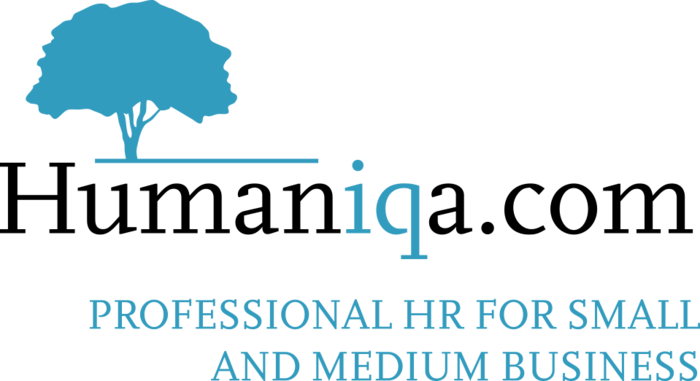Humaniqa HR Blog
WSIB Mental Health Claims February 09 2018
Purpose: The purpose of the HR Minute is to provide clients with timely information about human resources issues. Please take a moment to read this important information.
On May 17, 2017 the Government of Ontario passed Bill 127, the Stronger, Healthier Ontario Act (Budget Measures), 2017. This Act amended several provisions of the Workplace Safety and Insurance Act, 1997 (WSIA), including section 13 which provides a worker the entitlement of benefits under the insurance plan for chronic or mental stress arising out of and in the course of the worker’s employment.
The Workplace Safety Insurance Board (WSIB) drafted two stand-alone policies covering Traumatic Mental Stress and Chronic Mental Stress in this regard. These policies came into effect on January 1, 2018.
Chronic and Traumatic Mental Stress
Chronic Mental Stress
A work-related stressor will be considered substantial if it is excessive in intensity and/or duration in comparison to the normal pressure experienced by workers in similar circumstances. Examples of such stress can be a result of incidents including, but not limited to, workplace harassment, interpersonal conflicts, or having a job with a high degree of routine stress.
Traumatic Mental Stress
As defined by the WSIB, a traumatic event may be a result of a criminal act or a horrific accident, and may involve actual or threatened death or serious harm against the worker, a co-worker, the worker’s family member, or others. In all cases, the event(s) must occur in the course of the employment and be clearly and precisely identifiable and objectively traumatic. Examples of such events include, but are not limited to, witnessing a fatality or horrific accident, being the object of physical violence or death threats, or being the object of workplace harassment that includes being placed in a life-threatening situation.
Eligibility
To be eligible, chronic mental stress must be predominantly caused by a substantial work-related stressor. Workers must satisfy the following three conditions:
- A diagnosis must be made by an appropriate regulated health professional based on the Diagnostic and Statistical Manual of Mental Disorders (DSM);
- The employee must experience a substantial work-related stressor(s);
- The stressor(s) must have caused or significantly contributed to the chronic mental stress.
A worker is not eligible to file a claim under this policy for chronic mental stress caused by decisions or actions of the worker’s employer related to their employment including termination, demotion, a decision to change the work performed, or discipline.
Application Date
This policy applies to all accidents on or after January 1, 2018.
Workers can also apply for benefits under this policy if they have a chronic mental stress which occurred on or after April 29, 2014 and have not yet submitted a claim with the WSIB for this purpose before January 1, 2018. In this case, the worker may file a claim for chronic mental stress with the WSIB as long as such claim is submitted on or prior to July 1, 2018.
For more information on WSIB Mental Health Claims and Bill 127, please refer to the Laws tab on our website.
